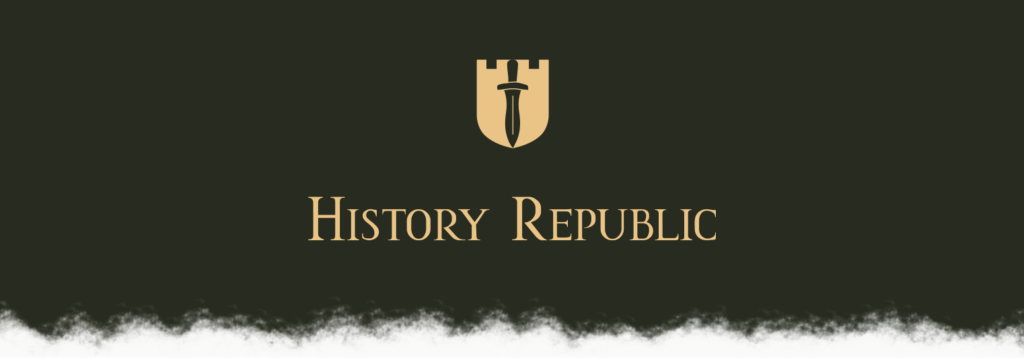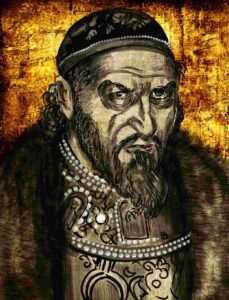
Ivan the Terrible: The Making of Russia’s First Tzar
From traumatized orphan to history’s most feared Tsar, Ivan the Terrible’s reign of sweeping reform and savage terror reshaped Russia forever.
Unravel the threads of time, one captivating story at a time.

From traumatized orphan to history’s most feared Tsar, Ivan the Terrible’s reign of sweeping reform and savage terror reshaped Russia forever.
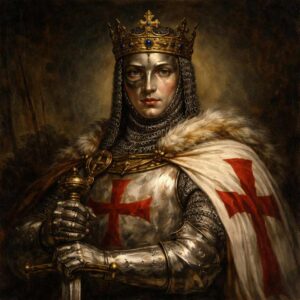
A teenage king marked by leprosy, Baldwin IV held Jerusalem’s fragile Crusader realm together through grit, political nerve, and the stunning victory at Montgisard—buying precious time against Saladin before succession chaos pulled the kingdom toward collapse.
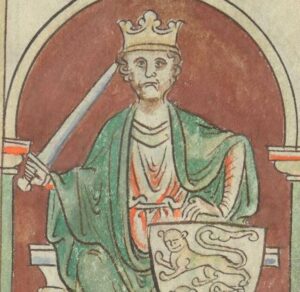
From Aquitaine’s fiery prince to crusader-king and captive, Richard the Lionheart stormed Acre, bested Saladin at Arsuf, saved Jaffa, ransomed his freedom, and died at Châlus with a final act of mercy—leaving a legend forged in steel and restraint.
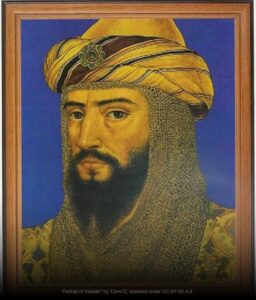
Saladin reclaimed Jerusalem with steel in his hand and restraint in his rule, forging a legacy that reshaped the Crusades and redefined medieval leadership.
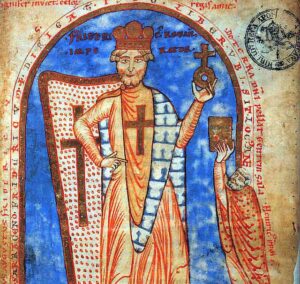
Frederick Barbarossa was a continent-welding emperor that pushed an overland crusade until one fatal river crossing erased the threat and rewrote the balance of the Third Crusade.
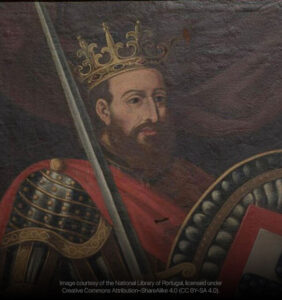
Afonso I of Portugal turned a frontier county into a sovereign kingdom through battlefield success, savvy diplomacy, and papal recognition.
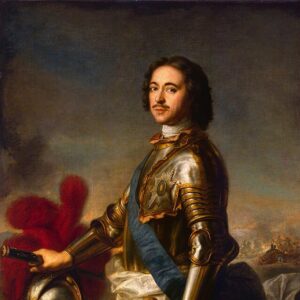
A visionary ruler, Peter the Great transformed Russia from a secluded medieval state into a powerful modern empire that looked boldly toward the West.
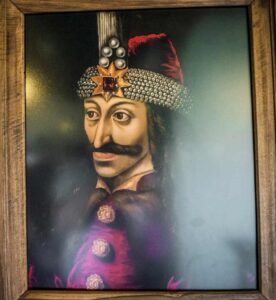
On a knife-edge between empires, hostage-prince Vlad The Impaler forged order through terror, defied the Ottomans, and became the flesh-and-blood shadow behind the legend of Dracula.
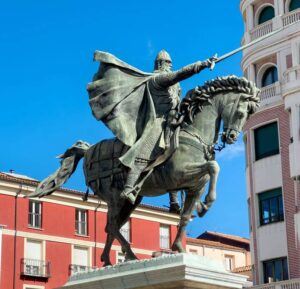
From court officer to exiled captain to lord of Valencia, Rodrigo Díaz—El Cid of Spain—turned method, pay, and nerve into a frontier state that reshaped what the Reconquista could achieve.
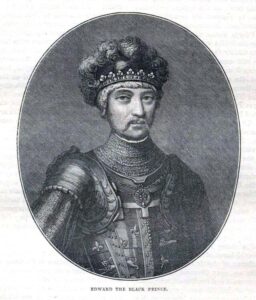
Edward The Black Prince held a line at sixteen, captured a king at twenty-six, lived by his motto of “I serve” and gave it all for his country of England.
